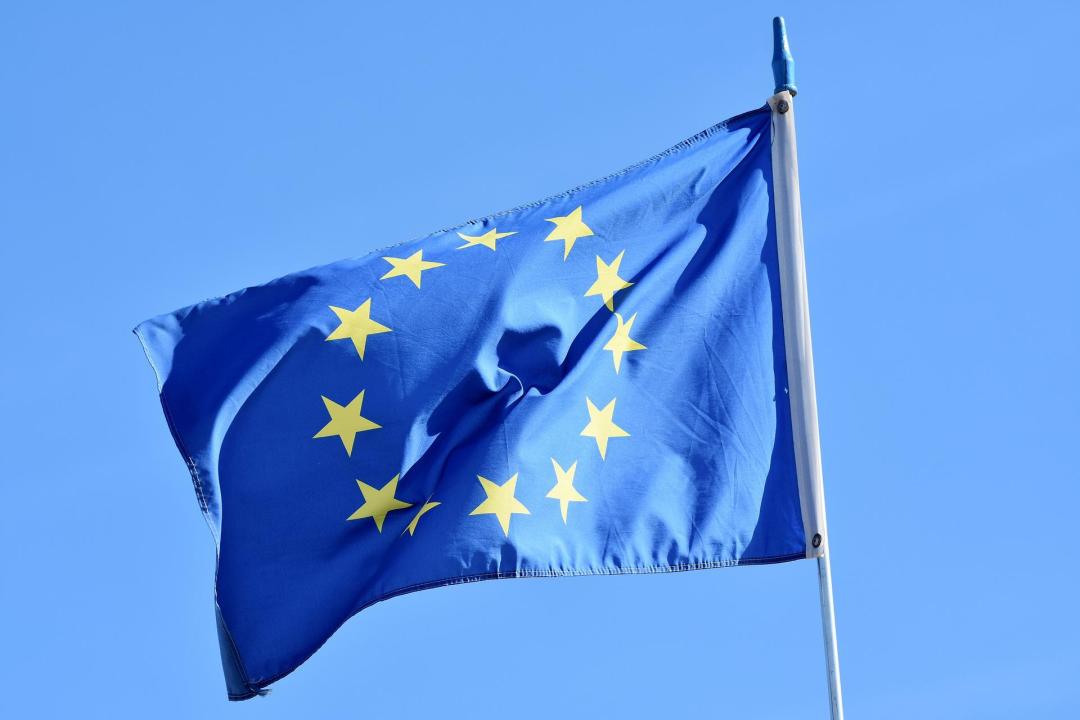
Georgia’s Candidate Status: EU Expansion into the South Caucasus

The EU candidate status for Georgia is much more than just close ties with Tbilisi; it is about Brussels’ positioning in the South Caucasus.
On November 8, the EU recommended granting Georgia candidate status. This follows the decision from 2022, when Tbilisi, to the chagrin of the majority of the population, was given only a European perspective. The candidate recommendation is contingent upon the fulfillment of nine key conditions. This once again underlines the fact that Georgia will still have to undertake substantial efforts on its path towards initiating accession talks with the EU.
The Georgian public understands clearly that the candidate status is not a panacea, considering other countries’ experience, nor an iron-clad guarantee that a country will become a member state in the immediate future. However, in Georgia’s case, it will likely help to smooth at least some of the major political tensions inside the country. This is especially welcome given the fact that Georgian political life has become increasingly polarized.
A number of tensions will lie ahead. First are the 2024 parliamentary elections. Although the ruling party, Georgian Dream, is expected to maintain a significant portion of the votes, balancing the rising expectations from the EU and the Georgian population for democratic and economic progress with the ambition to remain in power will pose a major challenge.
Another pressing issue will be the reported deficiencies in Georgia's judiciary, which has traditionally been susceptible to political influence since the country regained independence in the early 1990s. Major improvement in the field represents one of the major EU conditions for Georgia.
It would also be naive to think that the candidate status will remove all tensions between Georgia and the EU. Tbilisi may continue to disagree with some of the EU's demands, but the level of distrust is nevertheless expected to decrease, particularly in anticipation of future accession talks once the nine conditions are met, similar to what Brussels did with Moldova and Ukraine.
A key recommendation involves a more aligned foreign policy approach. Tbilisi has consistently favored a pro-Western stance, and gaining candidate status helps dispel Western perceptions of Georgian governance as pro-Russian. However, in the past year, Georgia has been contemplating a more diverse foreign policy. What may be called a multi-alignment involves strengthening economic ties with nations that the EU views as systemic competitors.
Georgia's most critical challenge may lie in its dealings with Russia. Since February 2022, Georgia has attempted to strike a balance between a confrontational Russia and supporting Ukraine, a strategy that has occasionally strained its relationships with Western allies and, at times, even earned praise from Moscow. Despite Russia's occupation of around 20% of Georgian territory and incidents such as the abduction and killing of Georgian citizens (occurred on November 6) and Russia's reported plans to establish a new naval base in Abkhazia, Georgia's economic interactions with Russia have continued to grow.
Crucial for understanding Russia’s approach toward Georgia’s candidate status is the general thinking that has prevailed in Moscow since the late 2000s and was exacerbated by the Maidan uprising in Kyiv in 2013. Indeed, while Moscow publicly attributes its assertive actions to NATO's expansion, the reality is more complex. The invasion of Ukraine by Russia in 2014 had some EU-related motivations. Thus, EU enlargement is a significant concern for Moscow, comparable to NATO expansion. Russia’s ultimatums to the West before invading Ukraine included demands to reverse Georgia's Western alignment.
Given Russia's current military engagement in Ukraine and the impact of Western sanctions, a major military incursion into Georgia seems improbable. Instead, to pressure Georgia, Moscow might opt for economic measures like trade sanctions. However, this approach is unlikely to drastically alter Georgia's foreign policy. After all, Georgia is not critically dependent on Russia. The share of other countries in Georgia’s foreign trade is quite large, which allows it to balance the threat of overdependence on its northern neighbor.
A more subtle Russian strategy might involve avoiding excessive pressure on Georgia, considering Moscow's constrained options and Georgia's astute leadership, which is cautious about provoking further Russian aggression by emphasizing NATO aspirations.
The EU's candidate status for Georgia will significantly impact European influence and Russia's position in the South Caucasus. The EU's increased involvement in the region, critical for energy diversification, trade routes, and Black Sea security, could set a precedent for neighboring countries like Armenia. Given the widening tensions between Russia and Armenia because of Moscow’s failure to live up to its security obligations, Yerevan is looking to diversify its foreign policy portfolio. The EU is one of such actors, and Georgia can serve as a physical bridge between Brussels and Yerevan.
More broadly, the EU's expansion in the South Caucasus underscores the process that could be called Russia's gradual decline in regional influence. This trend has become more pronounced since the war in Ukraine began, and the September events around Nagorno-Karabakh’s fall further exemplified a negative shift in Russia's regional influence. Moscow is now just one of many powers vying for influence in the South Caucasus in this increasingly crowded geopolitical landscape, and the EU's recent decision on Georgia and its expanding mission in Armenia have only served to highlight this dynamic.
Emil Avdaliani is a professor of international relations at European University in Tbilisi, Georgia, and a scholar of silk roads.
See Also


Mirzoyan Meets US Deputy Assistant Secretary Joshua Huck

Azerbaijani President Holds Talks with UAE and German Business Delegations on Economic Cooperation

Grigoryan Confirms Armenia’s Readiness to Dissolve OSCE Minsk Group Upon Peace Treaty Signing

Azerbaijani Official Warns of Ecological Risks to Caspian Sea, Similar to Lake Urmia and Aral Sea

